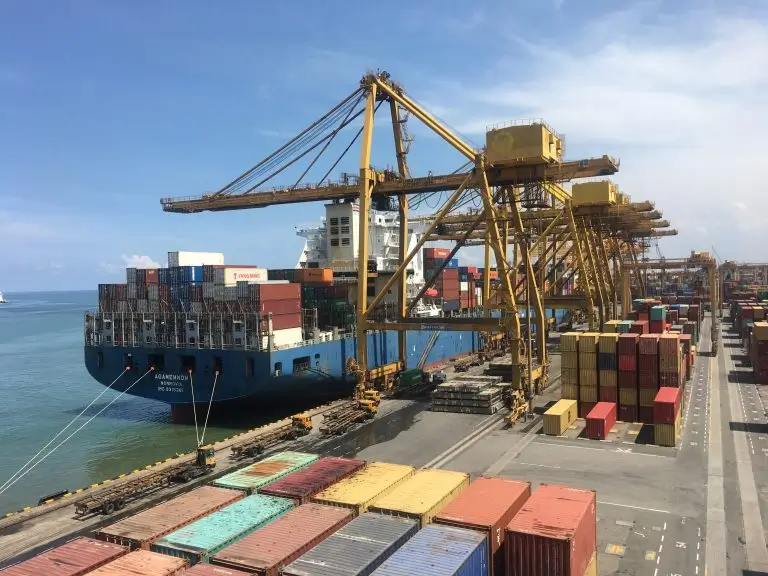Local neighbourhoods in the Southern California area are feeling the impact of the global container crisis as trucking companies in the region have exceeded storage space on their grounds resorting to parking the containers along residential streets leaving some residents trapped in their homes. This comes from a backlog of container ships arriving at ports in Los Angeles and Long Beach with workers continuing to unload shipments 24 hours a day.
According to an interview with the CBSLA, California local, Sonia Cervantes said that a nearby trucking company left containers and trailers strewn across the street without a driver in site.
“I would have to go in at 6.30 a.m. to go to work,” Cervantes said. “There was a trailer already blocking my driveway so I couldn’t get out. With no driver in the trailer, we would have to hon, and honk, and it was just crazy.”
In a CBSLA interview with Frank Arrieran, the owner of a nearby trucking company, Arrieran mentioned that his company’s lot only fits 65 shipping containers. With ports in dire need of relocating the empty containers, he’s had to resort to parking them along the road. Though, he said the company is working with city officials to find a bigger yard to store the containers.
“Right now with the ports and everything that’s going on over there, we’re stuck with the containers, having to bring them all to the yard, and we only have so much space,” Arrieran said.
Based on a Wall Street Journal report, Business Insider explained that warehouses and trucking companies across the United States are facing a shortage of space, equipment, and workers. About 98% of warehouses in Souther California’s logistics-heavy Inland Empire region are fully occupied, while the entire Western U.S. has a 3.6% vacancy rate earlier in October. Backlogs have also created a shortage of equipment throughout the supply chain, including shipping containers and chassis as the products wait for extended periods of time in ports and shipping yards. Some companies have even taken to storing their goods in the containers in order to avoid paying extra for storage space in warehouses.
Read the full article here.

